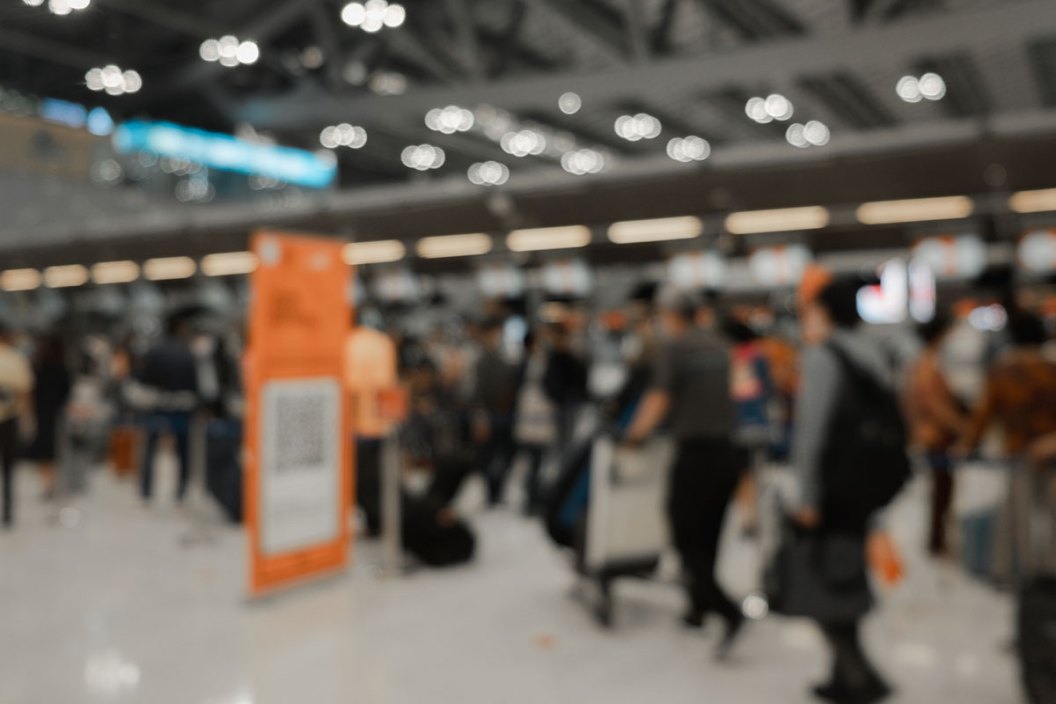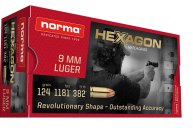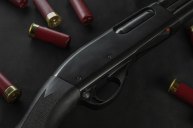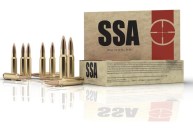If you plan on flying with a firearm, be sure you know the rules well before you get to the airport.
Traveling with firearms can be a stressful, challenging endeavor, especially if it's not something you're used to.
Navigating the myriad state laws if traveling by road in the United States while transporting firearms is one thing, but if you're planning on flying with a gun, there is a specific Transportation Security Administration (TSA) protocol you must follow in order to do things the correct and legal way.
There are guidelines for everything, from how ammo must be separated and packed, to the kinds of cases and locks that are acceptable for hauling long guns and handguns. One thing's for sure: you don't want to find out you did something wrong after you've arrived at baggage claim.
It might seem like a no-brainer to follow the TSA's list of specific rules regarding traveling with firearms as your checked baggage, but every year there are numerous instances of travelers leaving firearms, sometimes loaded, in carry-on bags. Sometimes, they even make their way onto the plane.
Here's a quick guide to air travel with firearms that will hopefully keep you on the right side of TSA agents and keep your guns and ammo with you. That way, your hunt or shooting competition isn't ruined and hopefully save you a bunch of hassle.
IMPORTANT NOTE: Be sure to check all federal laws and local laws concerning the legal transportation of firearms as well as the specific airline's policy regarding firearms, ammunition, and carry-on luggage before you get to the airport. Also be sure to check any local firearm laws at your final destination.
In other words, this advice isn't gospel, and regulations change. Ignorance isn't going to be a good excuse, so do your due diligence.
Guns and Gun Cases
The first rule of traveling with firearms is to give yourself plenty of extra time. You don't want to be cutting it close because having a gun in your checked bags can be a big time suck at the airport. Prepare yourself for it and be ready.
Only unloaded firearms can be transported as checked baggage. Period. There's no getting around that unless you're a law enforcement officer. A concealed carry permit doesn't matter here, your CCW gun and its ammo will have to be checked like any gun.
That firearm must be stored in a locked, hard-sided case. When it comes to locks, there's one piece of vital info that often flies over gun owners' heads. DO NOT use the TSA-approved locks that are made for luggage, since they can be opened by any TSA employee. You want to use solid padlocks (combination or key) and retain the key or combo until a TSA Agent asks you for it or asks you to open the case for inspection.
Also, don't cheap out on a gun case that will be used for air travel. You need something rock solid that can take an awesome beating while protecting what's inside, especially when it comes to rifle cases that will be housing a scoped rifle. Many people rely on Pelican cases, which are regarded as the gold standard.
Even if you check in for your flight on your phone ahead of time, you can forget about checking your bags at curbside. You have to take your gun and/or ammo in a locked case to the ticket counter for the airline you're using, declare the items, and check them there.
Traveling with Firearm Ammunition
First, you want to pack all ammunition and your unloaded firearm the way it will be checked. If you show up to a security checkpoint with an unloaded gun but accessible ammunition, the TSA treats that essentially the same as showing up with a loaded gun.
Ammunition is also prohibited in carry-on bags and can only be transported in checked baggage. However, it can be transported in the same locked case as your firearm.
Any small arms ammo up to .75-caliber, including shotgun shells of any gauge, must be packaged in a fiber (such as cardboard), wood, plastic, or metal box specifically designed to carry ammunition. You also have to declare it to the airline you're using.
The ammo box can then be placed in your gun case so everything is together. You should also keep any magazines unloaded and in the gun case as well.
Some airlines impose quantity limits on ammunition, so be sure to check that ahead of time.
Remember, always check local laws and federal laws before you pack, and refer to the TSA guidelines for traveling with firearms and ammunition when in doubt.
NEXT: 5 FACTS ABOUT GUNS YOU'LL BE SURPRISED TO LEARN
WATCH





